AERA has announced the recipients of 10 new Education Research Service Projects (ERSP) awards. Since its inception in 2012, the AERA ERSP initiative has sought to support pro bono service and promote the value of such work widely in the education research profession.
“We are pleased to announce 10 research service awards that will enable researchers to leverage their knowledge to help those at the local level to address the challenges they face,” said AERA Executive Director Felice J. Levine.
The ERSP selection committee, a subcommittee of AERA Council, selected 10 high-quality projects that focus on a diverse range of issues, from enhancing the fairness and interpretability of school evaluation metrics to measuring and responding to college students’ food insecurity.
Awardees receive up to $5,000 to defray direct project costs so that they can volunteer their expertise to educational organizations, institutions, and other community groups.
The selected projects include the following:
|
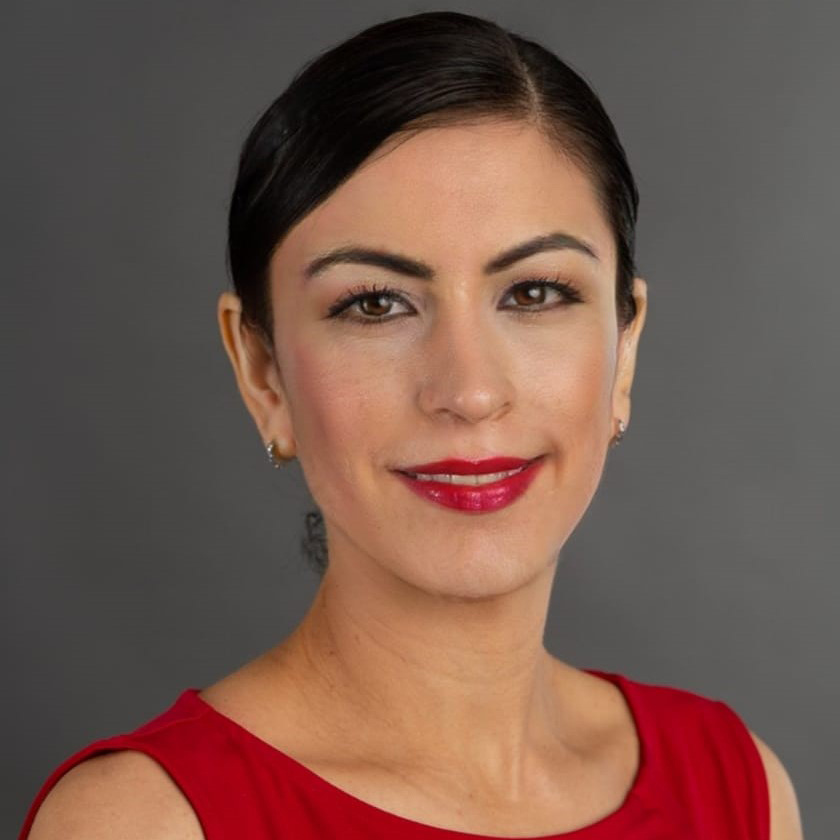
|
Building Community: Latina Engineering Students Focused Mentorship Program
Principal Investigator(s): Hilda Cecilia Contreras Aguirre (New Mexico State University)
Educational Entity: New Mexico State University College of Engineering
Abstract
The ongoing underrepresentation of Latina college students in science, technology, engineering, and mathematics (STEM), and in particular, in engineering, demonstrates the need to develop and implement a strategic high-impact practice, such as a near peer-mentoring program that not only improves students’ academic outcomes but also fosters student development holistically. At New Mexico State University, there is a need to help Latina engineering college students persist and keep interested in their discipline; hence, this funded project aims at exploring the benefits of participating in a new mentorship program whose goal is building community by providing academic, emotional, and sociocultural support. Based on Crisp et al.’s conceptual framework (2017) for undergraduate students who participate in a mentorship program, the model incorporates important aspects such as cultural relevance and discipline-related elements. The mentoring program will be composed of graduate and senior undergraduate college students (mentors) and freshmen /sophomore/junior undergraduate students (mentees) sharing three main aspects: their ethnicity (Latina), gender (women), and discipline (engineering). Through a qualitative approach, two focus groups and a set of individual interviews will be conducted in the fall of 2021 to understand the effects and outcomes of participating in this strategic high-impact practice.
|
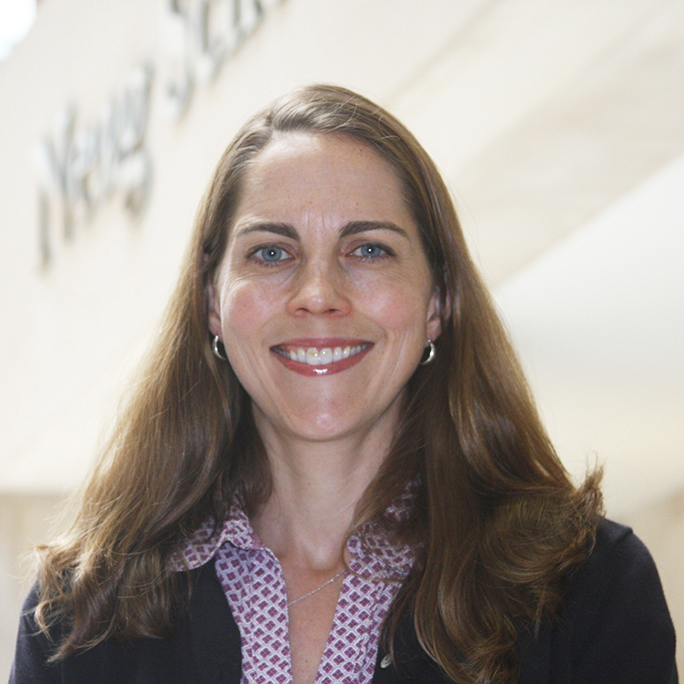 |
|
Center for Education Policy Analysis, Research, and Evaluation (CEPARE) Rapid Research Briefs
Principal Investigator(s): Morgaen Donaldson, Professor and Director, Center for Education Policy Analysis, Research, and Evaluation (CEPARE) (University of Connecticut)
Educational Entity: Connecticut’s 33 Alliance Districts
Abstract
With Education Research Service Projects funding, the Center for Education Policy Analysis, Research, and Evaluation (CEPARE) will produce short-duration, fast-turnaround Rapid Research Briefs (RRB) that investigate pressing issues in Connecticut’s Alliance Districts, 33 of the lowest performing and lowest resourced school districts in the state. These districts have faced numerous challenges, many of which have been exacerbated by COVID-19. Alliance districts face numerous, urgent questions. What is the impact of COVID-19 on student learning? Attendance? Engagement? Why are special education referrals increasing and how have students with special needs fared during remote learning? As key decisions confront them, superintendents in these districts often lack good information to inform their choices. As a result, superintendents operate largely on their own to make critical decisions, often under mounting pressure. CEPARE RRB will provide fast, high-quality, relevant information to guide superintendents’ decisions. Graduate students will work with CEPARE director Morgaen Donaldson to respond to four RRB requests from Alliance districts, carry out the research, write the briefs, and share findings with the requesting districts before disseminating the briefs more widely. In this way, CEPARE RRB will directly affect learning opportunities for children in Connecticut’s most under-resourced districts.
|
|
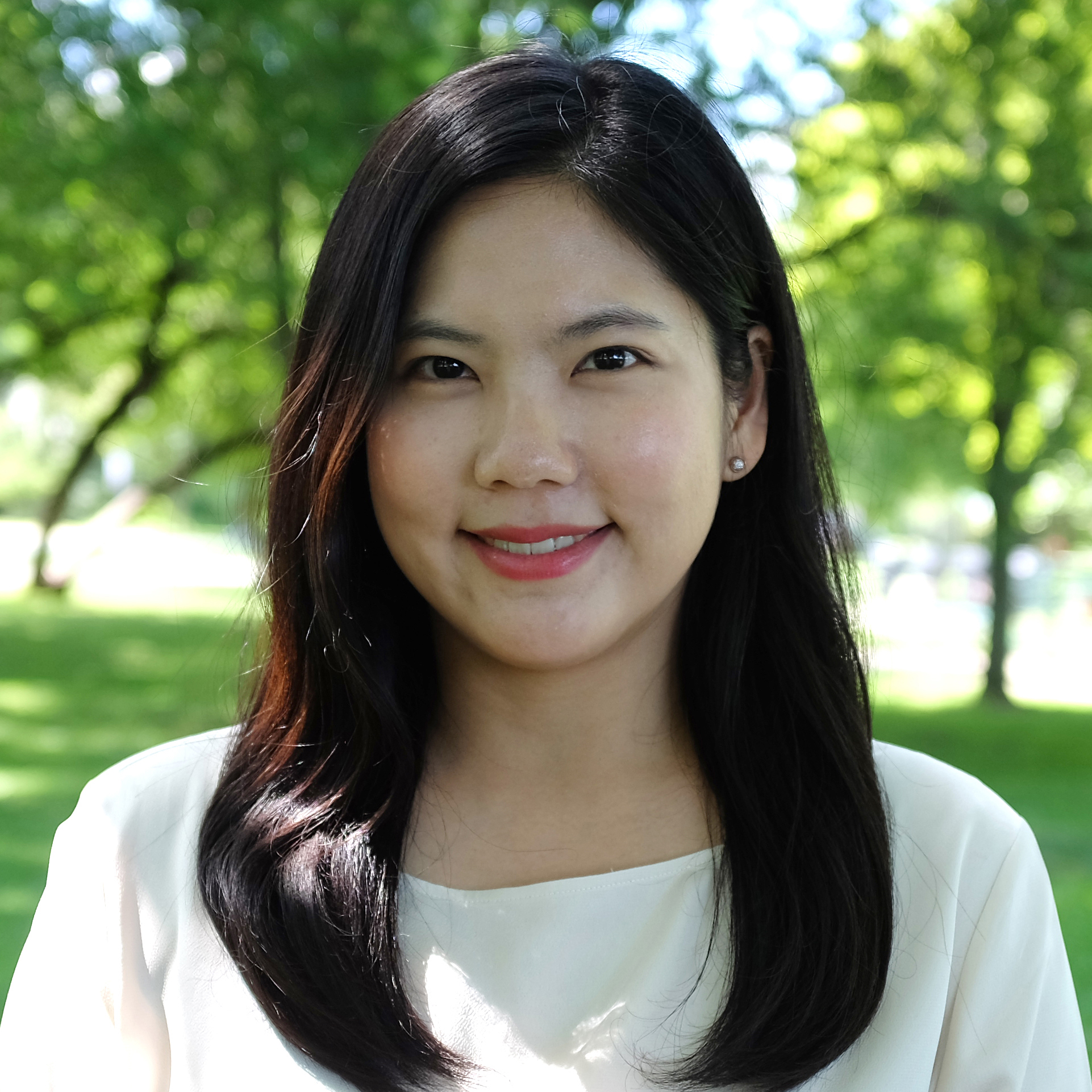
|
Immigrant Children as Oral Historians: Creating Space for Transnational and Intergenerational Stories
Principal Investigator(s): Jungmin Kwon (Michigan State University)
Educational Entity: Hanmaeum Korean Language School
Abstract
This project supports Hanmaeum Korean Language School, a community-based heritage language (HL) school located in the Greater Lansing area, Michigan. A team of researchers will create and explore a space for elementary-aged Korean immigrant children at the school to (re)connect with their family members in and across countries through storytelling. Using asset-based perspectives, we position the children as oral historians who can document their own and their families' stories by drawing on their full multilingual repertoires, using various tools, and collecting, analyzing, and sharing the oral histories of their family members. Employing an ethnographic case study and a practitioner inquiry approach, we will focus on the following questions: (1) How do Korean immigrant children engage in learning their heritage language and culture in a space where they are positioned as experts of their intergenerational and transnational stories? (2) How do the children utilize their multilingual repertoires and funds of knowledge as they gather, preserve, and interpret the stories, photographs, and artifacts? Throughout the project, we will gather multimodal artifacts and multilingual stories that the young experts create and contribute to redesigning the Korean HL curriculum and creating a virtual museum space to showcase the children’s artifacts.
|
|
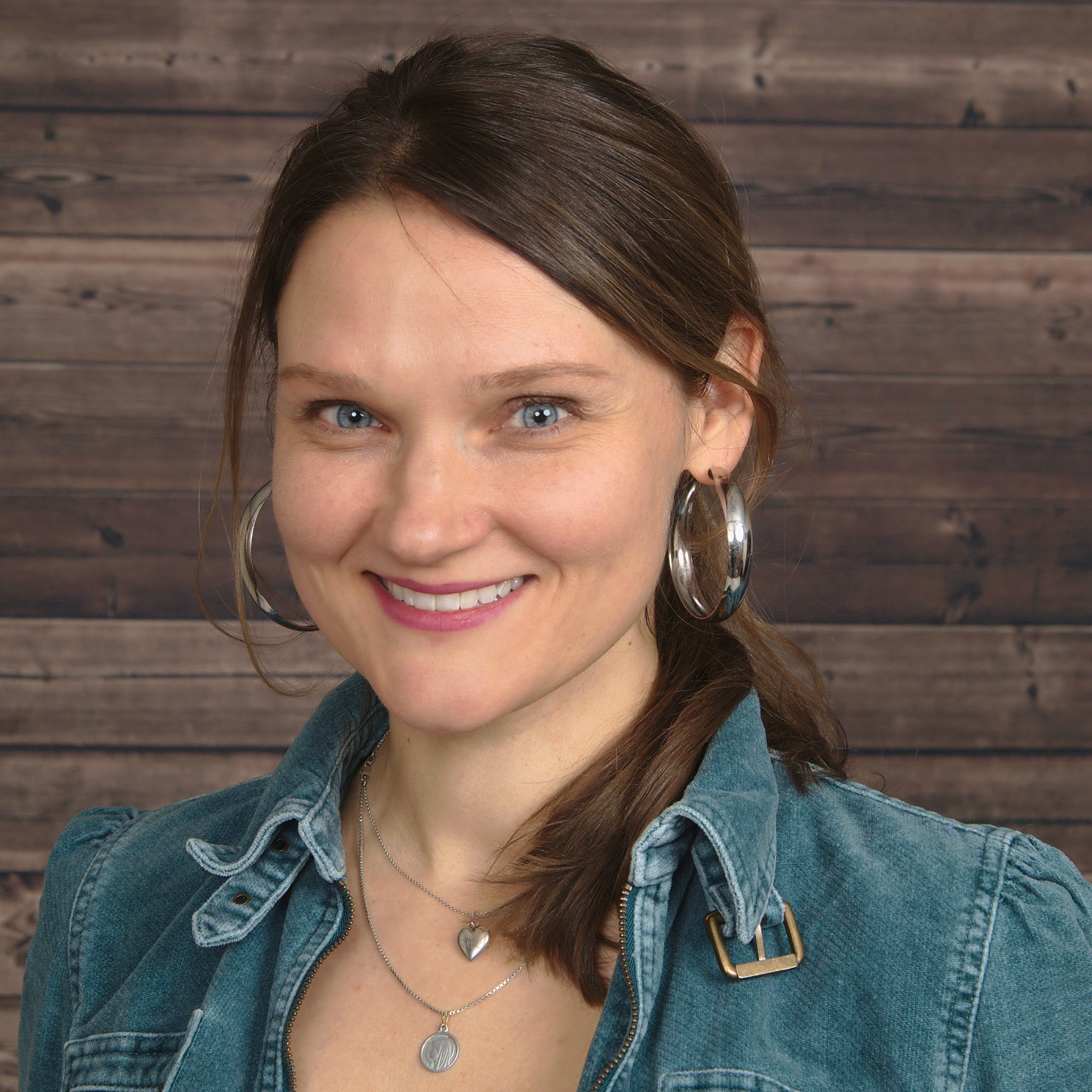
|
Boundary Crossing for Praxis in the Pursuit of Special Education Racial Equity in Disciplinary Outcomes
Principal Investigator(s): Catherine Kramarczuk Voulgarides (City University of New York)
Educational Entity: Schenectady School District
Abstract
Racial inequities in disciplinary outcomes are consequential for students. The impacts are especially consequential for students at the intersection of race and disability. There is a plethora of research describing factors that contribute to racial inequity in disciplinary outcomes; however, there is less research that explores how educators and researchers can work together to address long-standing racial inequity in disciplinary outcomes, especially with regard to special education. My project seeks to bridge the boundaries between research and practice in order to assist a school district facing persistent racial inequity in special education disciplinary outcomes. I will collaboratively work with educators in a large urban school district to address racial inequity in special education disciplinary outcomes. I will engage with educators in a critical cycle process and culture circles (Freire, 1974, 1976, 2000), serving as a researcher/facilitator. We will work collaboratively to identify sociocultural, historical, and political areas for transformation to improve practice and address racial inequity in special education disciplinary outcomes. Through the collaboration, we will develop a MultiYear Equity Plan (MYEP) that will capture the collaborative nature of the work, outline long-term equity goals, and provide mechanisms for monitoring progress towards racial equity in special education.
|
|
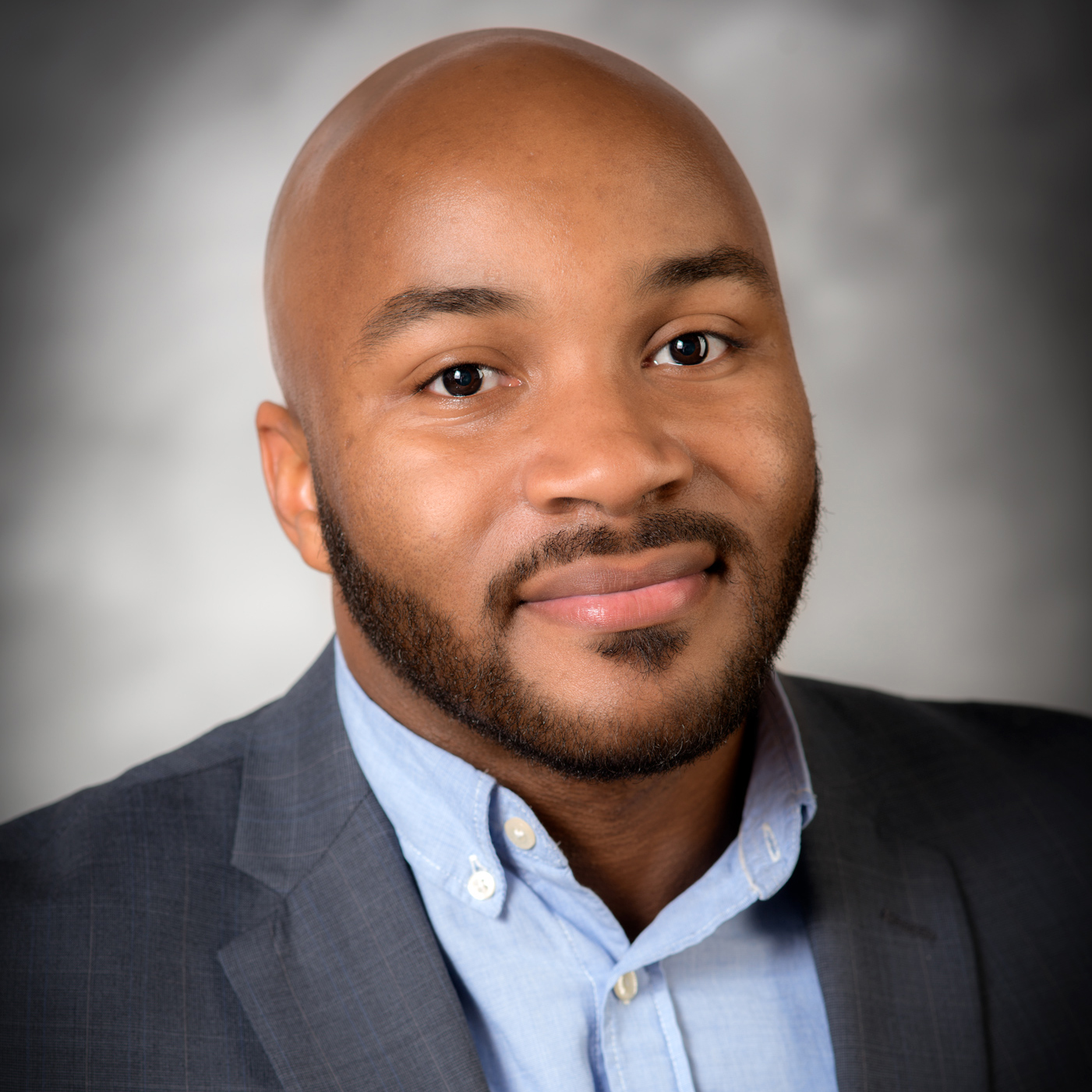
|
Achieving the Dream in College: Understanding Black Student Experiences in a K–12 Precollege Program
Principal Investigator(s): Brian McGowan (American University)
Educational Entity: An Achievable Dream Academies
Abstract
Exploring Black student educational experiences is even more important in this contemporary context given the unprecedented and newfound challenges associated with schooling during a global health pandemic (COVID-19) and the prevailing racism facing the country. Although the research on Black students has grown, K–12 and higher education subfields have developed in parallel to one another and rarely examine student experiences across the educational pipeline. There is a clear gap in the literature when it comes to how these students make meaning of formative precollege experiences that helped them enter and successfully matriculate in college. This Education Service Research Project aims to understand the experiences of Black students who are enrolled in college and have successfully matriculated through a K–12 intervention nonprofit organization that is committed to bringing equity to education and offering students intentional opportunities for success. To date, little is known about what happens to graduates of this K–12 program upon completion: their college matriculation experiences across multiple postsecondary contexts and the degree to which the program has prepared them academically and socially. Results from this proposed study will aid the organization in its continued commitments to improving the educational and life experiences of Black students.
|
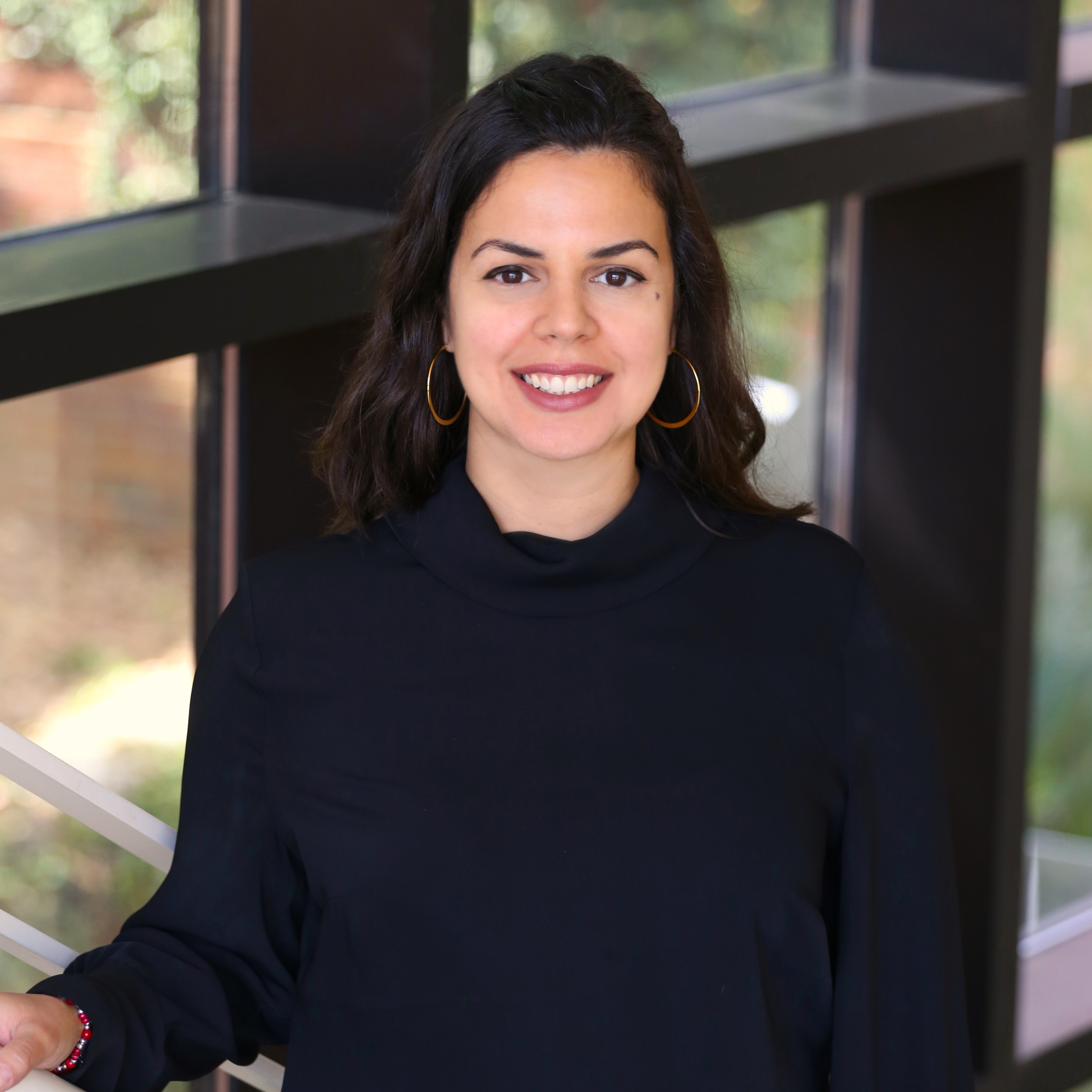 |
|
Making Hunger Visible: Florida Research-Practitioner Partnership on Food Insecurity
Principal Investigator(s): Lara Perez-Felkner (Florida State University)
Educational Entity: Second Harvest of the Big Bend and Sustainable Campus (Florida State University)
Abstract
This research-practitioner partnership focuses on measuring and responding to college student challenges with food, a basic human need we argue is also critically important for student success. The grave assumption that basic needs do not meaningfully impact student success has only been recently called into question. Despite a narrative of expanded opportunity, inequality persistently plagues higher education (Alon, 2009; Stevens et al., 2008; Sumerau et al., 2020). Housing and food insecurity are real problems, whereby students at public colleges may encounter hunger shortages throughout the year (Broton & Goldrick-Rab, 2018). While awareness of food insecurity is rising in higher education, the need remains for systemic institutional and policy solutions. Using a sequential explanatory mixed methods design, this partnership is based in a Florida mid-sized city with high levels of food insecurity. In partnership with Second Harvest of the Big Bend (a community partner) and Florida State University’s Sustainable Campus, our research team will build on pilot work to measure the incidence of food insecurity and interview students using Second Harvest off-campus community food bank. This collaboration is also intended to support and inform local campus service providers such as the FSU Food for Thought Pantry, and train emerging educational researchers.
|
|
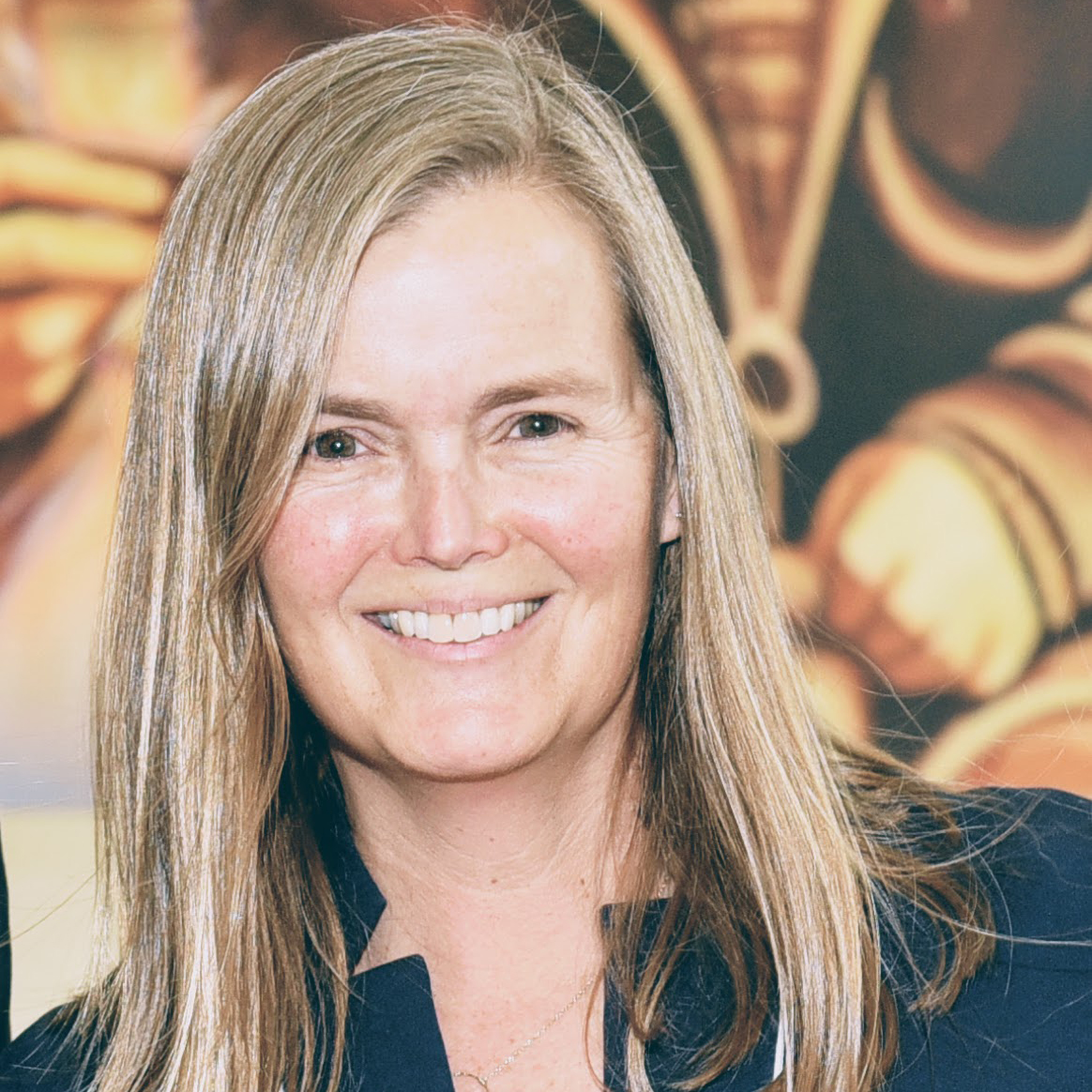
|
How Community Schools Support Transformative Family Engagement
Principal Investigator(s): Karen Hunter Quartz (University of California, Los Angeles)
Co-Researchers: Olivia Obeso (University of California, Los Angeles); Marcus Van (Mann UCLA Community School)
Educational Entity: Mann UCLA Community School
Abstract
Family and community engagement is one of the four pillars of community schooling--designed to ensure greater equity in students’ educational opportunities (Oakes, Maier, & Daniel, 2017). Yet opportunities for family involvement in K–12 schools vary, from plug-in involvement to critical engagement (Terriquez, 2015). The latter extends beyond structures that have historically excluded marginalized community populations to engage families in determining the terms of their engagement in ways that collectively transform and improve their children’s schools (Ishimaru & Takahashi, 2017; Pena, 1998; Fine, 1993). In partnership with Mann UCLA Community School in the Los Angeles Unified School District, this Education Research Service Project will study how community schools can support transformative family engagement. This project will inform the work of the school’s Parent-Teacher-Student Association (PTSA) and Anti-Racist Committee (ARC), established in 2020 in response to the pandemic and racial justice uprisings. ARC is a community-based initiative that aims to redistribute power to historically marginalized Black and Latinx families to address the pressing concern of low parent engagement. In service to ARC and PTSA, we will conduct surveys and focus groups with parents, produce data reports and a research article, and support data interpretation and use to advance transformative family engagement.
|
|
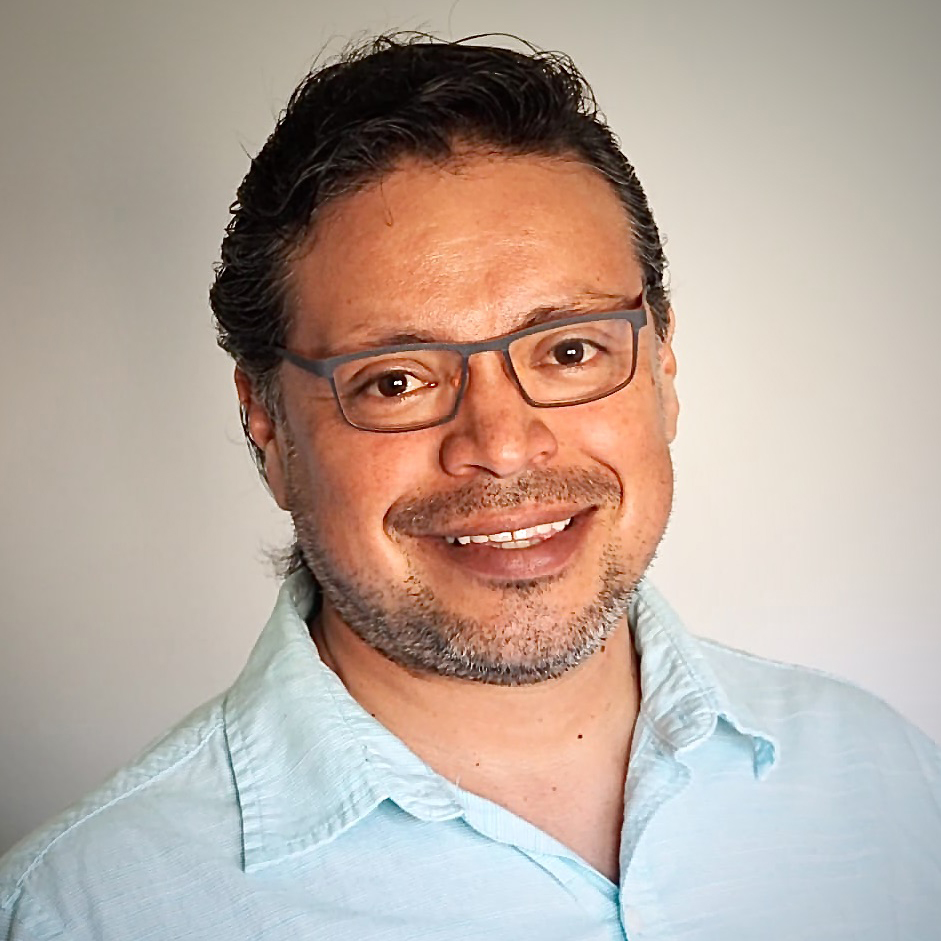
|
Valuing Bilingualism: Linguistically Responsive Instruction for Latinx Students in Rural Areas
Principal Investigator(s): Diego Román (University of Wisconsin, Madison)
Educational Entity: Algoma School District, Wisconsin
Abstract
The Latinx population in Wisconsin has increased by 95% during the last two decades, and among students classified as English Learners in rural schools, two thirds speak Spanish at home. While some rural districts in the state have longer established Latinx populations, Algoma School District in northeastern Wisconsin has experienced growth in its Latinx student population primarily in recent years, and around half of these students have English Learner status. With a mostly White and monolingual English-speaking faculty, Algoma teachers have expressed a desire for pedagogical strategies that they can use with their Latinx students that value their home languages and cultures even if not shared by the instructor. Algoma has sought the expertise of UW–Madison educational researchers to design, implement, and evaluate the effectiveness of a series of interactive modules around linguistically responsive instruction for middle and high school teachers. The theoretical framework to be used in the design of the modules is translanguaging, a pedagogy that leverages bilingual students’ entire linguistic repertoires and promotes equal academic opportunity and social justice. The efficacy of this training will be evaluated by conducting pre- and post- interviews and surveys to gather teachers’ knowledge and beliefs surrounding multilingual students’ development and language use.
|
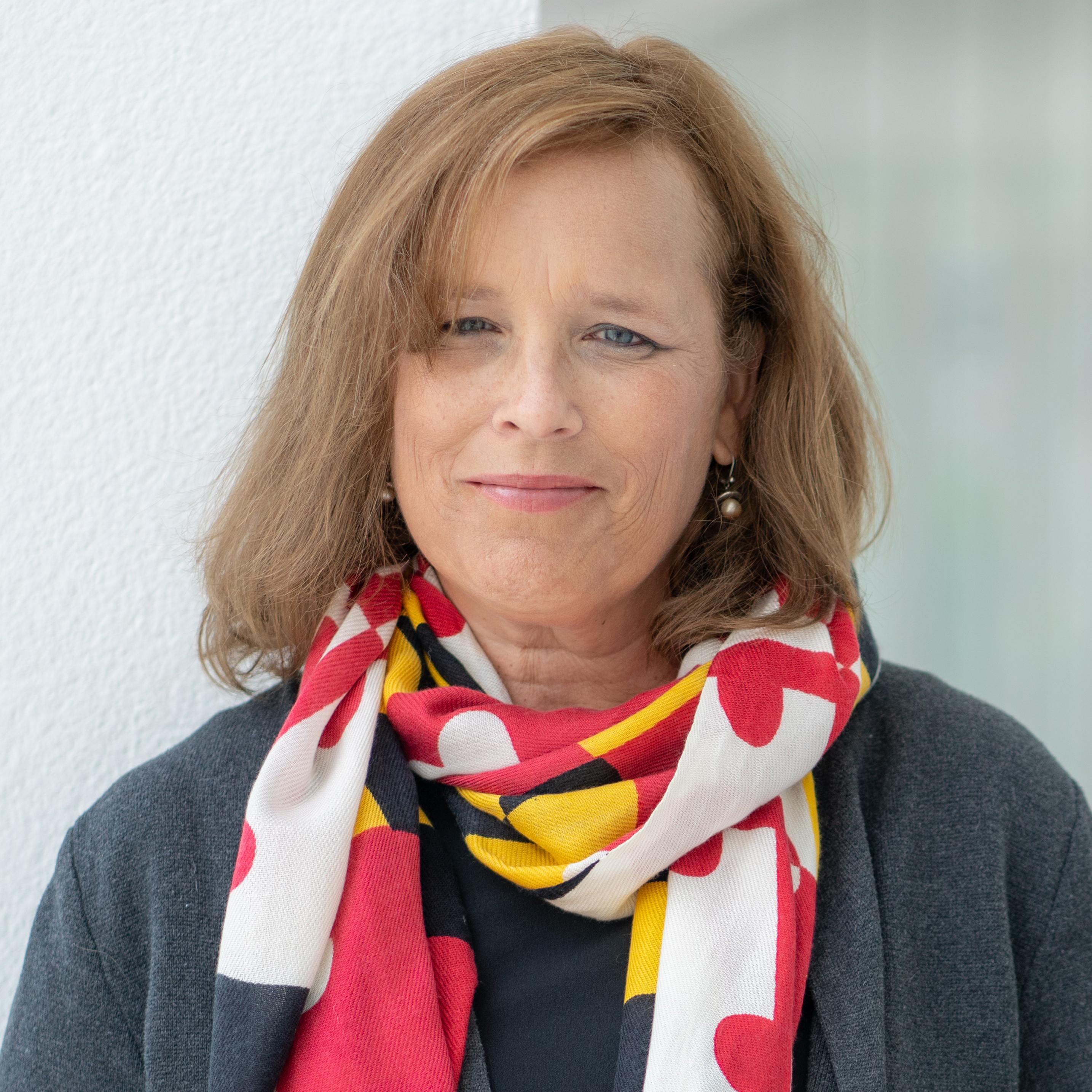
 |
Utilizing Propensity Score Methods to Provide Measures of School Quality for the Baltimore City Public Schools System
Principal Investigator(s): Laura Stapleton (University of Maryland) and Yi Feng (University of Maryland)
Educational Entity: Baltimore City Public Schools
Abstract
Equity in public education is an important issue, and efforts have been made to evaluate school quality while promoting equity. However, current methods used for rating K–12 schools in the State of Maryland and in Baltimore City may fail to properly account for differences in the student population and for structural inequalities across schools. Partnered with Baltimore City Public Schools (City Schools), the proposed study develops a framework utilizing propensity score methods to enhance the fairness and interpretability of school evaluation metrics. The proposed method focuses on weighting-by-the-odds (WBO), aiming to assess how well a target school educates its students relative to the education they would have received had these students attended another school. The specific aims of the study are to demonstrate the application of WBO for estimating an individual school’s “treatment effect,” determine whether the use of WBO for school performance evaluation is considered useful among key stakeholders, and assist City Schools in developing and implementing a standard operating procedure for school and program evaluations based on the research findings. Ultimately the goal is to better inform stakeholders’ decisions regarding the performance of City Schools and school-related programs and thus how resources can be better allocated.
|
|
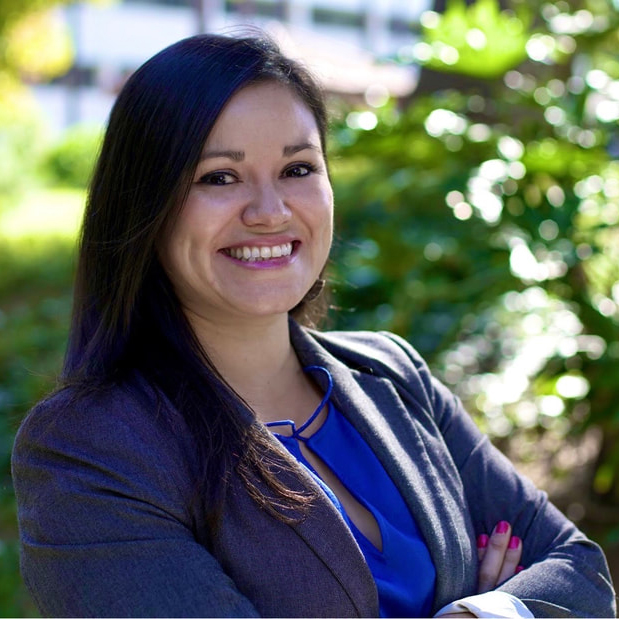
|
Fostering Scholar Identities among Latina/o/x Community College Students Via Undergraduate Research
Principal Investigator(s): Marissa Vasquez (San Diego State University)
Educational Entity: Imperial Valley College
Abstract
Although high-impact activities are positively associated with students’ desired learning outcomes, community college transfer students are less likely to participate in these activities when compared to non-transfer students (Ishitani & McKitrick, 2010; McCormick et al., 2009; Zilvinskis & Dumford, 2018). As community colleges remain primary access points to higher education, community college students should receive the same level of support and opportunities as their 4-year peers (Boggs & McPhail, 2016; Schudde & Grodsky, 2018). This project aims to expand our knowledge of undergraduate research (UR) programs while centering Latina/o/x students’ experiences and identities. The SEMILLAS Research Fellowship Program will be a free, six-week program that introduces Latina/o/x community college students to social science research before they transfer to a four-year university. The goals of this pilot undergraduate summer research program are threefold: (1) to demystify research for community college students by engaging them in social science research that focuses on the experiences of Latina/o/x college students; (2) to help foster a scholar identity among participants through research activities and mentorship; and (3) to strengthen the pipeline of Latina/o/x students engaging in research and creative activities at Imperial Valley College, MiraCosta College, Fresno City College, and Southwestern College.
|
|